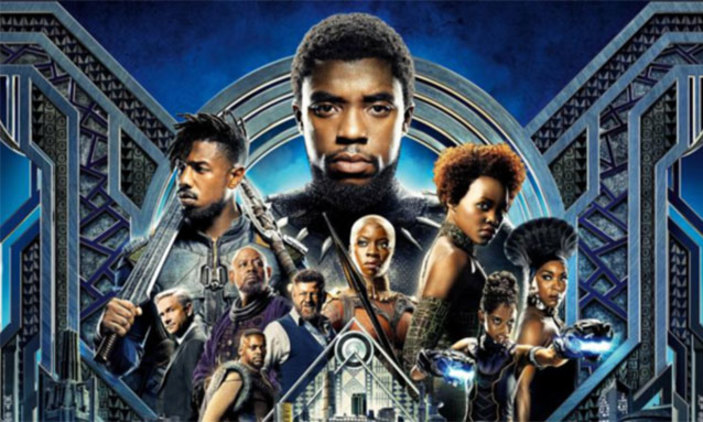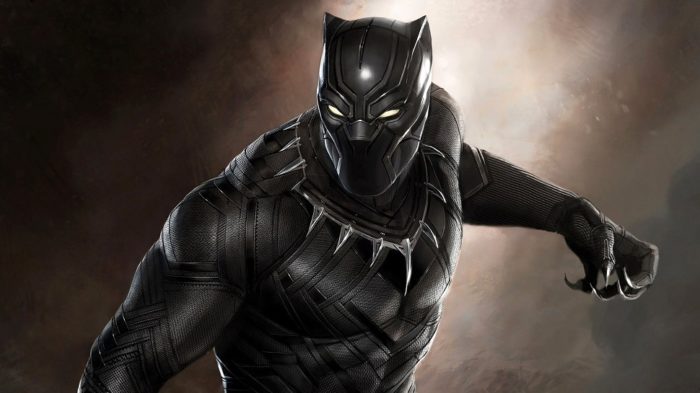I want to have a conversation about Black History Month within the context of the cinematic and cultural tour de force film Black Panther.
The antecedent of Black History Month was Negro History Week, launched in 1926 by the eminent scholar and historian Carter G. Woodson. (Woodson was the second African American to earn a PhD from Harvard; W.E.B. DuBois was the first.) Woodson was a brilliant academic chronicler of the African-American experience and, like DuBois, a political activist and intellectual of the first order.
Woodson’s motivation for the creation of a national focus on the history of African Americans had as much to do with his concern for the political condition of black America at the beginning of the 20th century as it did with his vocation as a historian. American history was being written to portray Reconstruction as a failure and to legitimize the marginalization of African Americans in post-Civil War America. For Woodson, Negro History Week was about black survival.
“If you can control a man’s thinking, you don’t have to worry about his actions,” Woodson wrote. “If you can determine what a man thinks, you do not have to worry about what he will do. If you can make a man believe that he is inferior, you don’t have to compel him to seek an inferior status; he will do so without being told.”
There’s a canon of black intellectual thinkers and writers who have produced serious, intellectually rigorous narratives about the black experience in America, from the perspective of black people. We’ve produced serious black artists who have created an aesthetic that has influenced and largely defined American culture. This body of work is worthy of so much more than an annual review.
But that’s not the history I want to talk about. Before we go any further, let’s define some terms. “History” comes from the Greek word historia, which means inquiry or knowledge acquired through investigation. History is essentially the study of human activity using written source materials.
The time before written records is considered prehistory. At its foundation, prehistory exists in a space where myth and fact coexist. All people, all societies have a story about how they came into being and their place in the universe. These stories are called creation myths.
Creation myths explain the beginning of the universe and, in metaphorical terms, explain who you are as a people in the context of that universe. They define the foundational values and create the cultural norms that will transfer those values from one generation to another.
Malcolm X used to say that we couldn’t be Negroes because everyone has to come from somewhere, and where is Negroland? Who were we before we came here? It’s this cosmic unknown that I believe causes many of the psychotic disorders that plague the black community
It’s this existential dilemma that makes Black Panther – the film directed by Ryan Coogler, and written by Coogler and Joe Robert Cole – so sublimely satisfying. Black Panther is not an action film produced to entertain the underdeveloped intellect of the American entertainment consumer. It is a serious work of art built on a black aesthetic that becomes your creation story as you watch it.
Black Panther provides a balm in Gilead that will make you feel whole; it is inspirational and could also become transformational. It provides comprehensive, emotionally satisfying answers to those eternal existential questions all people ask: Who are we? Where did we come from? Why are we here? For the two hours of this film, we know what it feels like to be a whole human being.
Article Plucked from: http://www.stlamerican.com/news/columnists/mike_jones/black-panther-and-black-history/article_09e5140c-1669-11e8-92a9-931f12bea557.html


Be the first to comment on "‘Black Panther’ and Black History"